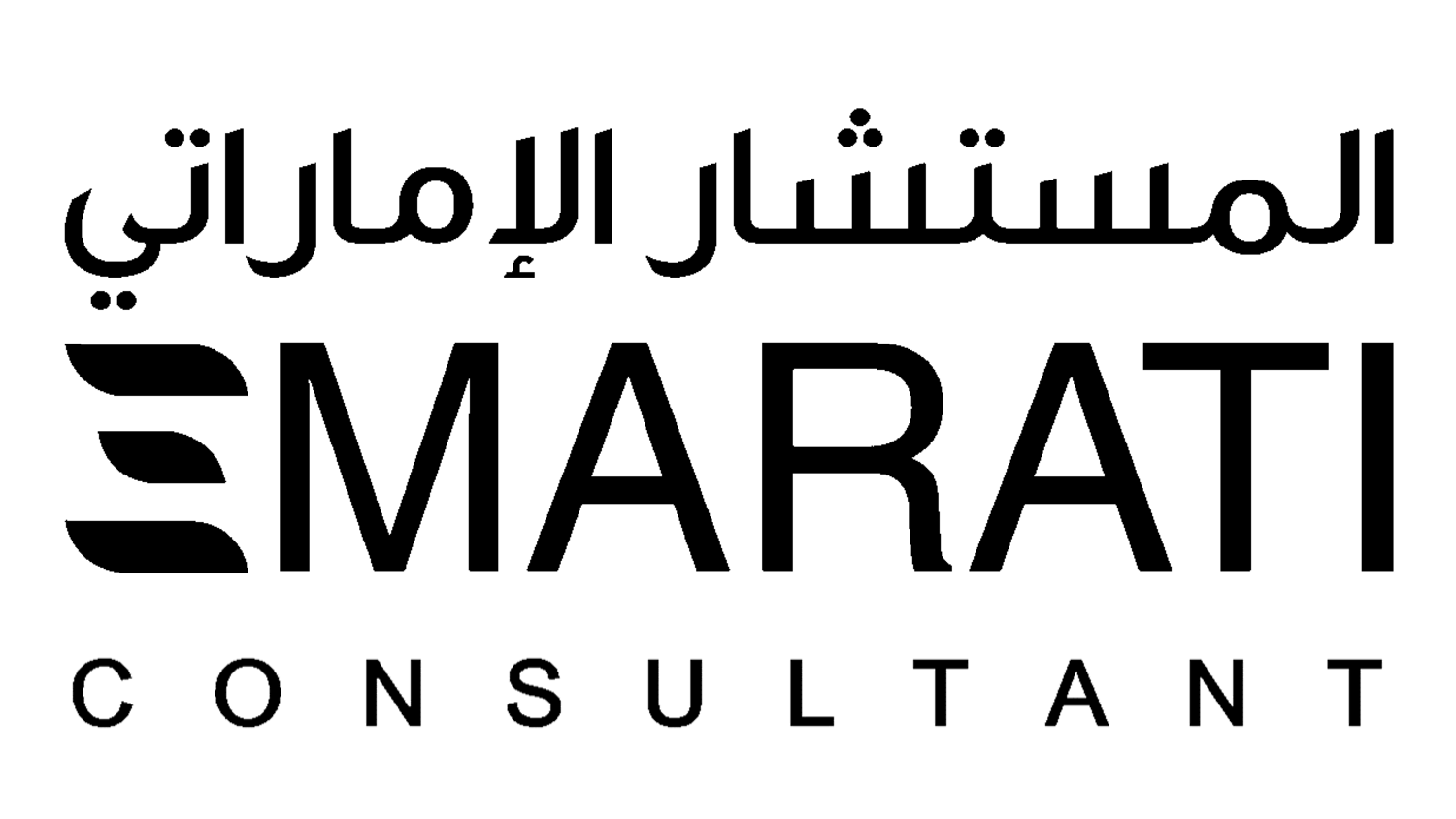Why Choose this Training Course?
Cloud computing has revolutionized the way businesses and individuals manage their digital resources and infrastructure. At its core, cloud computing refers to the delivery of computing services—including servers, storage, databases, networking, software, and more—over the internet (the cloud) to offer faster innovation, flexible resources, and economies of scale.
This training course will highlight the following:
- Introduction to Cloud Computing.
- Cloud Architecture and Infrastructure.
- Cloud Security and Compliance.
- Cloud Service Providers and Platforms.
- Managing Cloud Resources.
- Developing Cloud Applications.
- DevOps Practices in the Cloud.
- Scalability and Performance Optimization.
- Cloud Migration and Hybrid Deployments.
- Case Studies and Practical Application.
What are the Goals?
Upon attending this training course, the participants will be able to:
- Cost Savings: Pay only for the resources you use, reducing capital expenditure on IT infrastructure.
- Scalability and Flexibility: Easily scale resources up or down according to demand, ensuring optimal performance and cost-efficiency.
- Accessibility: Access cloud services from anywhere with an internet connection, promoting collaboration and remote work.
- Reliability and Disaster Recovery: Cloud providers offer robust backup and disaster recovery solutions, ensuring business continuity in case of unforeseen events.
- Innovation: Rapid deployment of new applications and services, enabling businesses to stay competitive in a fast-paced digital environment.
Who is this Training Course for?
This training course is appropriate to the following:
Module 1: Introduction to Cloud Computing
- Overview of Cloud Computing
- Evolution and History
- Key Characteristics
- Benefits and Challenges
- Cloud Service Models
- Cloud Deployment Models
Module 2: Cloud Architecture and Infrastructure
- Virtualization Technologies
- Cloud Infrastructure Components
- Hypervisors and Containers
- Software-Defined Networking (SDN)
- Storage Services
- High Availability and Fault Tolerance
Module 3: Cloud Security and Compliance
- Security Challenges in the Cloud
- Identity and Access Management (IAM)
- Data Encryption and Key Management
- Network Security
- Compliance Standards and Regulations
- Security Best Practices
Module 4: Cloud Service Providers and Platforms
- Overview of Major Cloud Providers
- Amazon Web Services (AWS)
- Microsoft Azure
- Google Cloud Platform (GCP)
- IBM Cloud
- Oracle Cloud
Module 5: Managing Cloud Resources
- Cloud Resource Provisioning
- Resource Monitoring and Management
- Cost Optimization Strategies
- Service Level Agreements (SLAs)
- Billing and Cost Management
Module 6: Developing Cloud Applications
- Cloud Application Architecture
- Microservices and Serverless Computing
- Containers and Orchestration (e.g., Kubernetes)
- Cloud-Native Development Tools and Frameworks
- CI/CD Pipelines in the Cloud
Module 7: DevOps Practices in the Cloud
- Introduction to DevOps
- Infrastructure as Code (IaC)
- Continuous Integration (CI) and Continuous Delivery (CD)
- Automation and Orchestration
- Monitoring and Logging
- Collaboration and Communication Tools
Module 8: Scalability and Performance Optimization
- Scalability Principles
- Load Balancing and Auto-Scaling
- Caching Strategies
- Content Delivery Networks (CDNs)
- Performance Monitoring and Optimization
Module 9: Cloud Migration and Hybrid Deployments
- Cloud Migration Strategies
- Lift and Shift vs. Re-Platforming
- Hybrid Cloud Architectures
- Data Migration and Synchronization
- Challenges and Best Practices
Module 10: Case Studies and Practical Applications
- Real-World Use Cases of Cloud Computing
- Case Studies from Various Industries (e.g., Finance, Healthcare, Retail)
- Hands-On Labs and Projects
- Best Practices and Lessons Learned
Session 1: 11:00-12:30 Dubai [UTC/GMT +4]
Break : 12:30 – 13:00 Dubai [UTC/GMT +4]
Session 2: 13:00 – 14:30 Dubai [UTC/GMT +4]
Certificate of Completion for delegates who attend and complete the course
COURSE REGISTRATION
Kindly email info@emaratic.com for registration or call +971 43 34 6009 for assistance
WANT TO KNOW MORE
Our Training Platforms

Digital Learning

Virtual Learning

Instructor-Led Learning

Blended Learning


